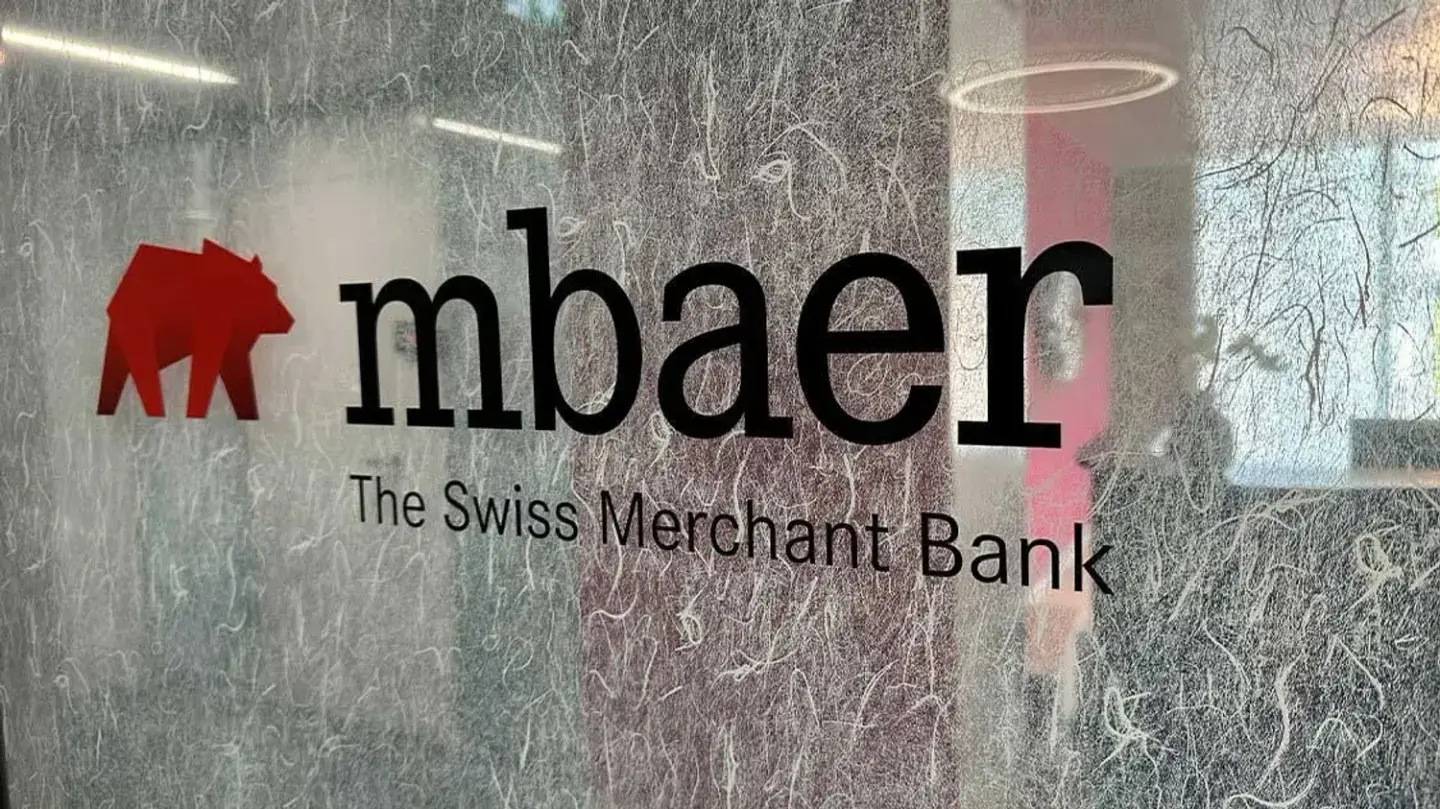Wyoming just made history. On Tuesday, the Cowboy State became the first in the nation to roll out its own state-backed digital currency, called the Frontier Stable Token (FRNT) — a move some are calling a game-changer not just for Wyoming, but for how government and finance collide.
The Frontier Stable Token is a stablecoin — a type of digital token pegged 1:1 to the US dollar and backed by a mix of cash and short-term US Treasury bills. Translation: every token represents the right to one US dollar, with reserves carefully held so there’s always extra cash (at least 102%) to cover redemptions.
Unlike risky crypto projects that can implode overnight, Wyoming built this one with a focus on trust, transparency, and speed. All transactions are recorded on the blockchain — secure, permanent, and trackable — with monthly audits baked in.
The token will be available on major blockchain networks like Ethereum, Solana, Avalanche, Polygon, Arbitrum, Optimism, and Base. Buyers will be able to snag it through Wyoming-based Kraken, one of the nation’s leading digital asset exchanges, in just a few days.
And here’s the kicker: you can send FRNT tokens anywhere in the world, instantly, as long as the other person has an internet connection. No banks. No middlemen. No waiting days for money transfers.
Gov. Mark Gordon, who chairs the Wyoming Stable Token Commission, said this launch caps years of legislative work. Since 2016, Wyoming has passed more than 45 blockchain and digital asset laws — more than any other state.
“Wyoming reaffirms its commitment to financial innovation and consumer protection,” Gordon said. “The Frontier Stable Token gives our citizens and businesses a modern, efficient, and secure way to transact in the digital age.”
Cheyenne accountant David Pope, a member of the commission, went even bigger with his analogy:
“This is a stone we’ve cast into a huge pond, and the ripples are going to spread out financially across the nation and world.”
Pope likened the token’s potential to the launch of smartphones, opening doors for developers and entrepreneurs to build new apps, payment systems, and business models around it.
The Frontier Stable Token isn’t a “currency” — states can’t legally print money. Instead, it’s a digital right to a dollar, structured to stay rock-solid. Interest from the US Treasury investments backing the token won’t go into the state’s coffers either — it’ll flow directly into Wyoming’s school foundation program, funding public education.
That’s a sharp contrast with private stablecoin issuers, who often use reserves however they want.
Wyoming’s leap comes just weeks after Congress passed the first federal stablecoin regulations — but thanks to quirks in the law, states like Wyoming can carve out their own path. Already, other states, including Texas and Nebraska, are eyeing the idea.
Sen. Cynthia Lummis, Wyoming’s crypto champion in Congress, praised the launch, calling it proof that Wyoming continues to lead the nation in digital assets.
“This stablecoin is another example of the Cowboy State being out front,” Lummis said.
With SoftBank pouring billions into US chips and other industries, and global finance racing toward digital-first transactions, Wyoming may have just positioned itself as the unlikely trailblazer in America’s next financial frontier.
With input from Cowboy State Daily and Bloomberg.










The latest news in your social feeds
Subscribe to our social media platforms to stay tuned